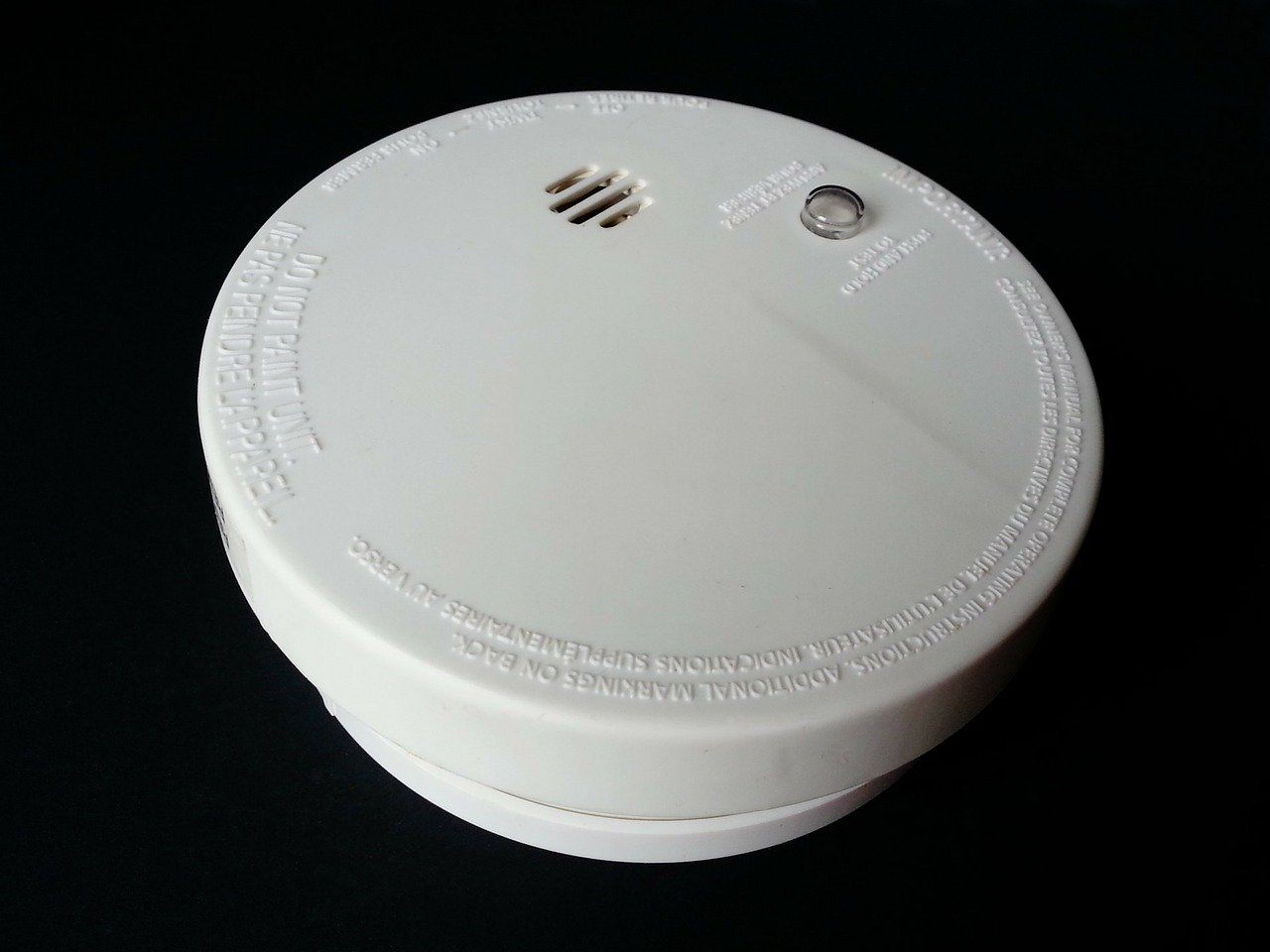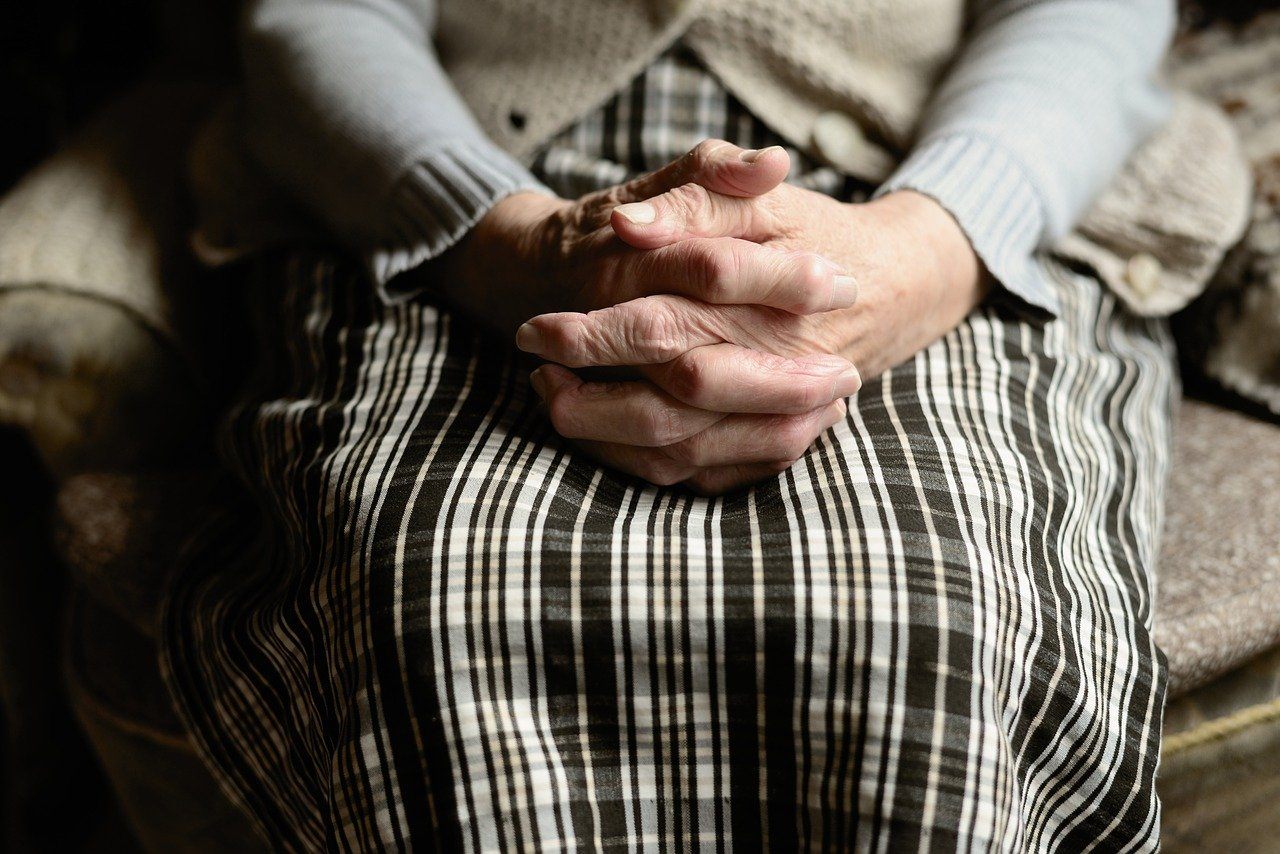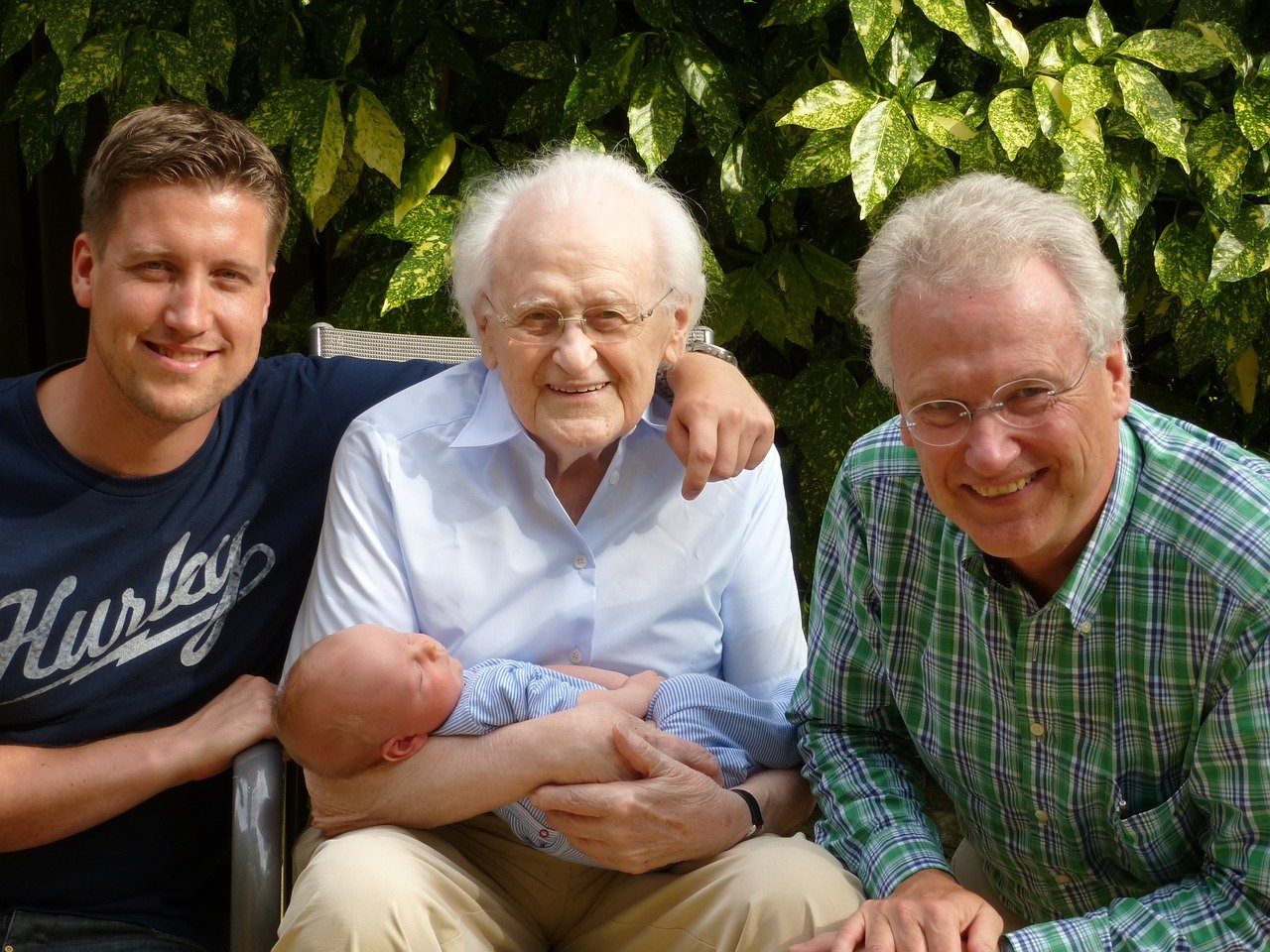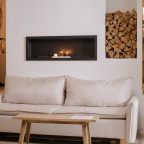
Make every room safe for the elderly
Now more than ever we need to make sure our elderly feel safe and secure in their homes, especially with Covid-19 creating limitations in their lives. Whether it's your granny or elderly neighbour, it’s better to analyse their current living situation and improve it now, before they fall or have an accident at home.
If they are currently self-isolating, a great idea is to do a video call and use the ideas below as a check list of ways to improve the safety in their home. Of course it’s even better if you are able to go around and help instal the rails and test the fittings yourself. This will put both your minds at ease and make your elderly relatives or friends feel more in control of their day-to-day living and reclaim their independence.
Bathroom
When you think of possible accidents at home, the bathroom usually comes up as the room with the most problems. This is where hard surfaces get wet and slippery, which can cause serious accidents. One of the easiest ways to make the bathroom safer is to instal handrails, especially around the toilet and bath, where the elderly need help to pull themselves up repeatedly during the day.
If you have the funds, installing a walk in bath is a great way to minimise the risk of falling after a soak. A lower cost solution would be to buy a shower seat for their shower. This is great for people whose medication can have side effects including dizziness and balance problems. Whichever bath or shower solution you go for, make sure you add an anti-slip mat as an extra precaution.
These safety measures are essential to protect your elderly loved one from slipping, tripping, and other accidents. In most cases, handrails and walk-in baths are necessary for those with balance and mobility issues to ensure their bathroom safety.
However, letting them undergo neurological rehabilitation can be an excellent idea if you want to help improve their balance and mobility function. In addition, it can help boost their coordination and flexibility and fix their posture with specially tailored exercises. If you want to know more about neurological rehabilitation, check out reputable websites like mirandasphysiosteps.com for more information.
Hallways
You might not be expecting to see hallways make the cut to the problematic places at home. However, accidents are more likely to happen in dark rooms, and hallways with no natural light definitely qualify. You’ll want to light up the hallways with bright bulbs. Encourage your relatives and friends to keep this space as clear as possible and to turn the lights on when going from room to room. We know they want to keep the bills down, but turning the lights on could prevent an accident.
A keysafe should also be installed outside the front door. This is necessary in case your relative or elderly friend has fallen and cannot get to the door to let in the emergency services. In this instance, the keylock can be opened with a code and the emergency services can let themselves in.
Kitchen
Check through the kitchen appliances to make sure there are no frayed wires and that the appliances are all safe to use. Fires, both electrical and ‘ordinary’ Class A, are most likely to start in the kitchen, with the majority of fires in the UK starting due to cooking appliances.
Similarly, fire alarms should be tested monthly in a safe manner. According to the National Statistics, between April 2019 and March 2020, 24% of all fires did not have a working smoke alarm.

Smoke alarms should be tested once a month
Living Room
The living room is one of older adults’ most-used spaces. Hence, you should ensure that this area is accessible, safe, and ready for their changing needs. For instance, you should make plenty of spaces to allow them to navigate the area more efficiently with a walker or a wheelchair. Make sure the room is organised so that everything is within easy reach without having to stand on chairs or create creative ways to get to.
Ensure their favourite armchair is the right height to get out of comfortably - you can pad this out with cushions to help, or invest in an electric chair that helps them get up. If they have emergency cords fitted at their home, make sure that these are long enough so that they can be reached from the floor, in case of a fall, but not too long to become a tripping hazard.
Moreover, don’t forget to review the electronic systems in your living room, especially if your elderly loved one uses the area for entertainment. For example, having a large TV can be a good addition if your family member has a fluctuating vision. You may also consider providing them with a universal remote to make your loved one’s life much easier and faster. Lastly, bundle electrical cords or tuck them safely to avoid tripping hazards.

Comfortable and safe at home
Bedroom
Just like their living room chair, the bed will need to be at the right height too. Encourage your relatives or elderly friends to sit on the bed when getting dressed, especially if they are quick to get dizzy or are losing their balance. For added safety, think about adding bed rails to the bed. These can be easily added to any bed and won’t break the bank.
Moreover, you should remove furniture pieces with sharp edges that block their way. Be sure to keep your bedroom organized. Avoid adding throw rugs and mats in their bedroom to minimize the risk of slipping and other related accidents. Also, invest in remote-controlled devices for communication so they can quickly contact you whenever they need assistance.
Doing all these ensures your loved one’s safety while they sleep and rest in their bedroom.
On your person
Lastly, it’s a great idea to invest in a personal medical alert system. This can go around their neck or wrist, and allows them to call for help at a push of a button, no matter where in the house they are. Choose one that is both waterproof and allows two way conversation, so they can send out the call for help and tell the response team what the matter is. Good personal alarms will also contact your emergency contacts, so you’ll know if something has gone wrong. These are ideal if your elderly relative lives alone, have recently undergone surgery, or for the elderly who are worried for their safety in general. Many personal alarms now have a wider radius and can be used outside of the home too.

Keeping the family safe is always a priority
Your home is your castle, and it should stay that way. Just because you are worried for your relatives or friends of a certain age does not mean that they should stop being independent. Far from it. By following these simple checks above, your loved ones will be safe and secure in their home, and you can relax knowing you’ve done as much as you can for them.




















